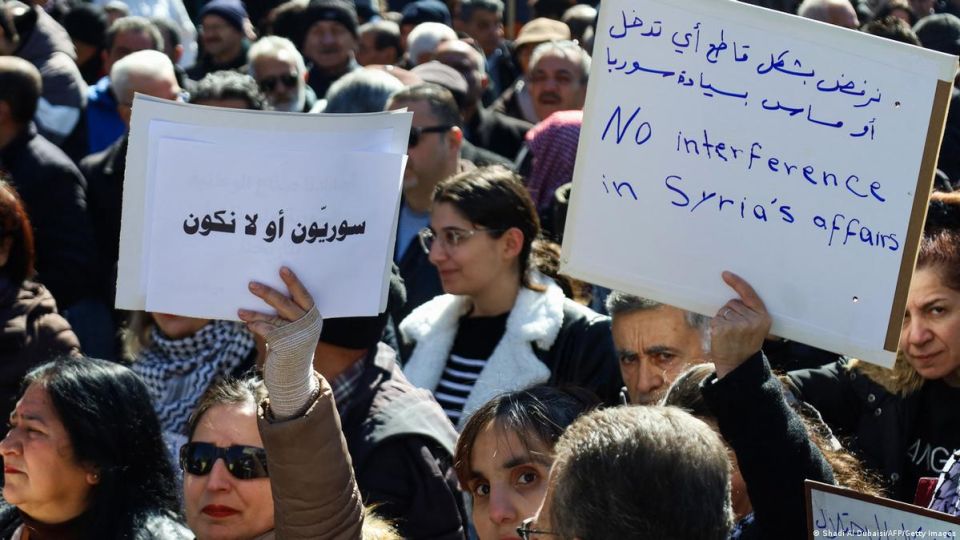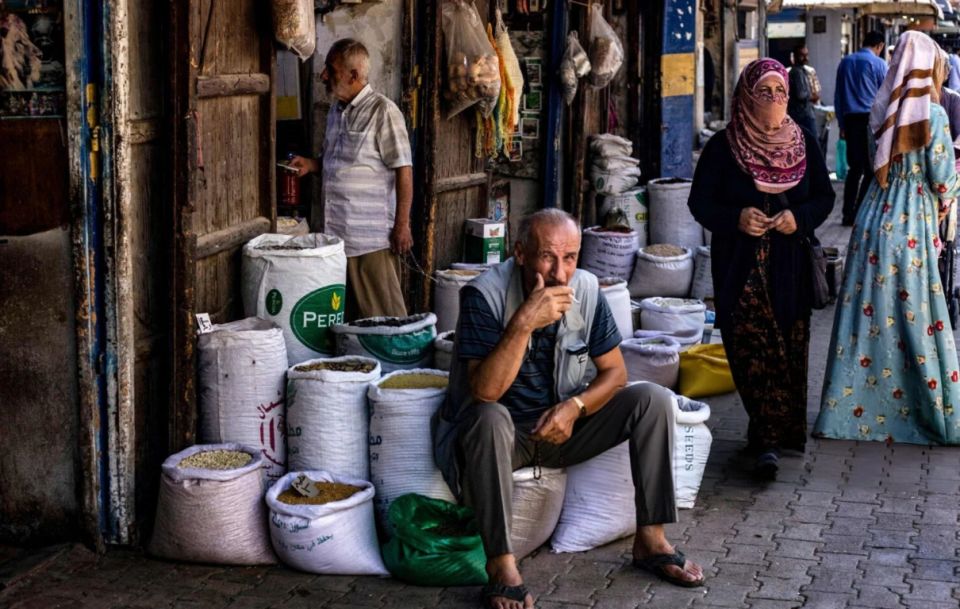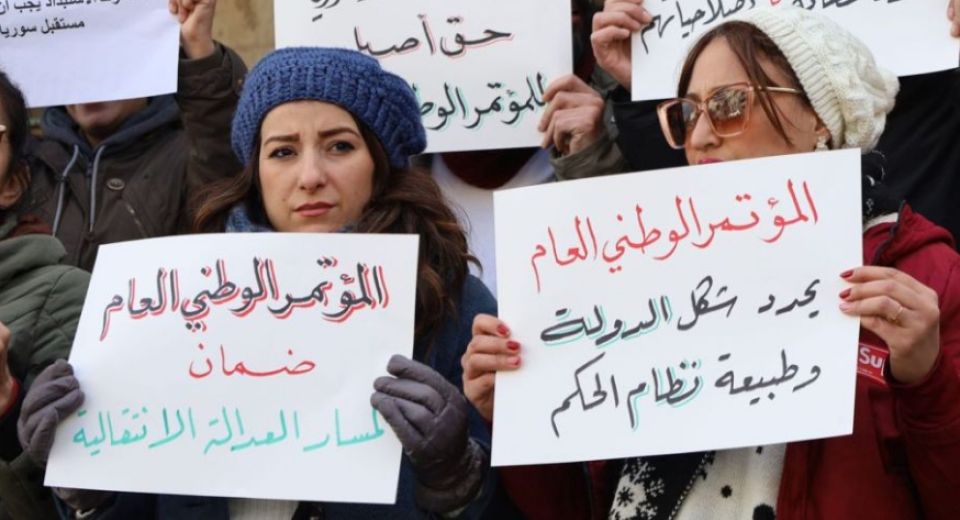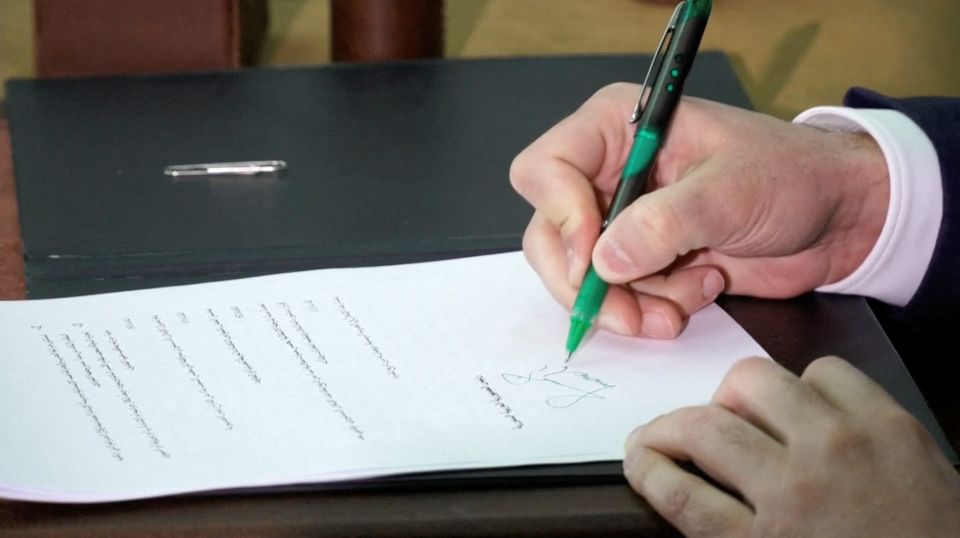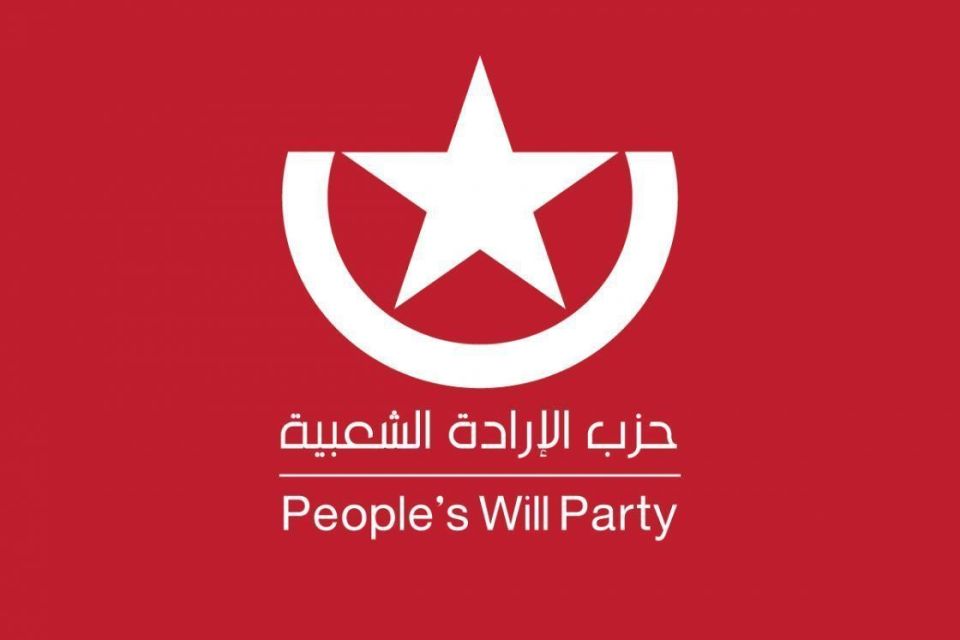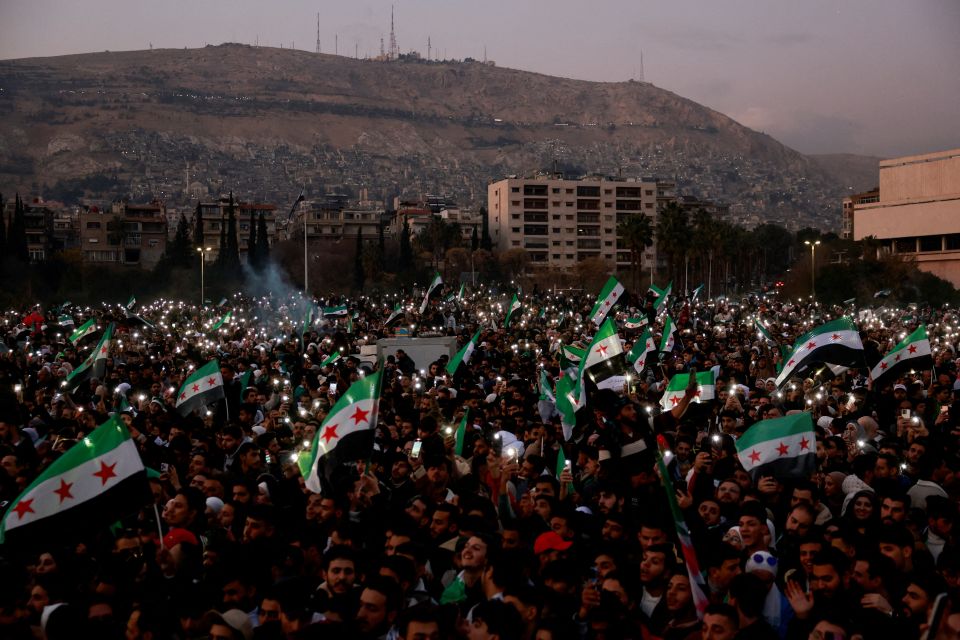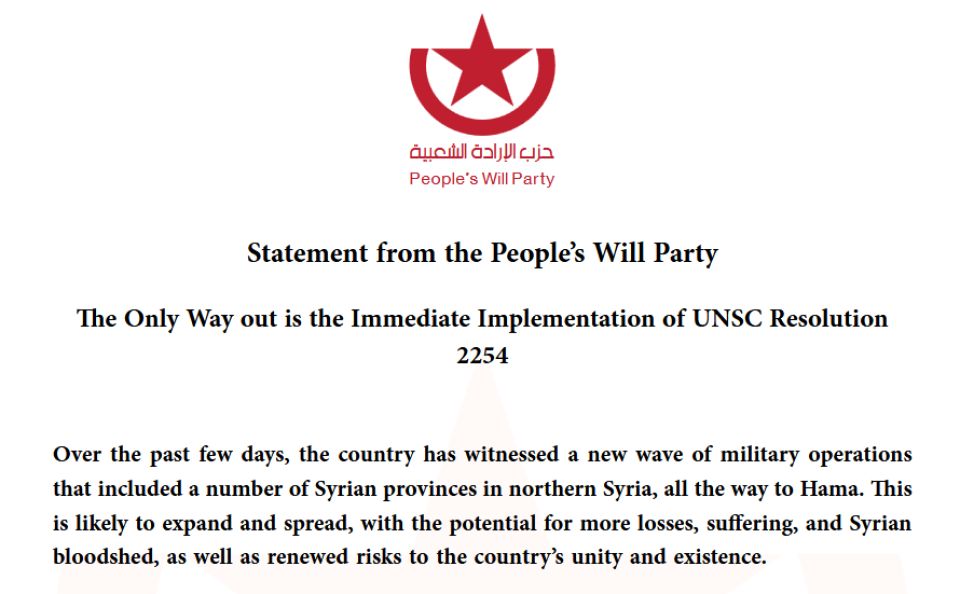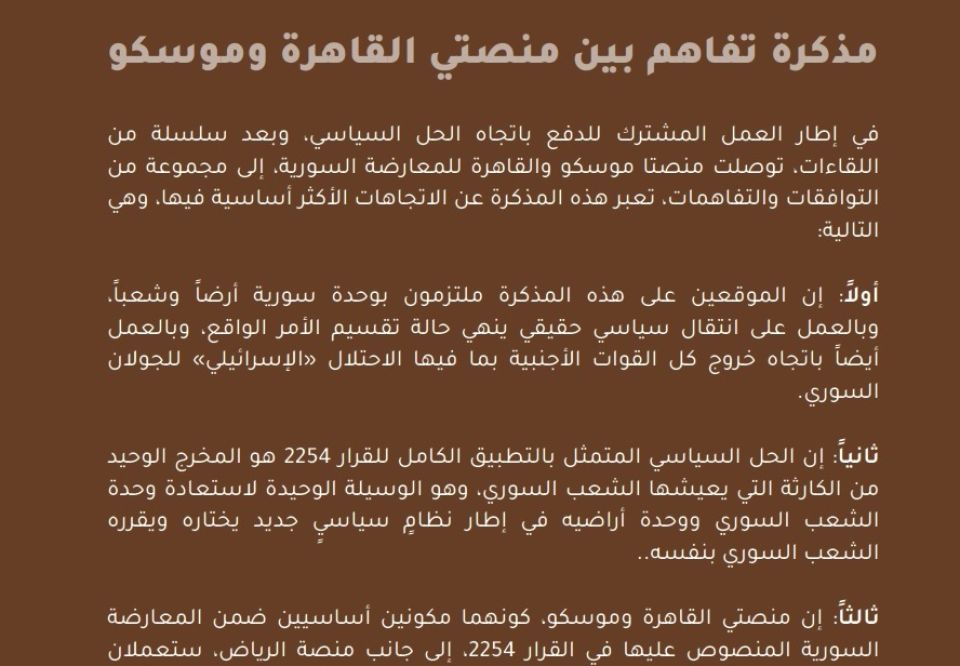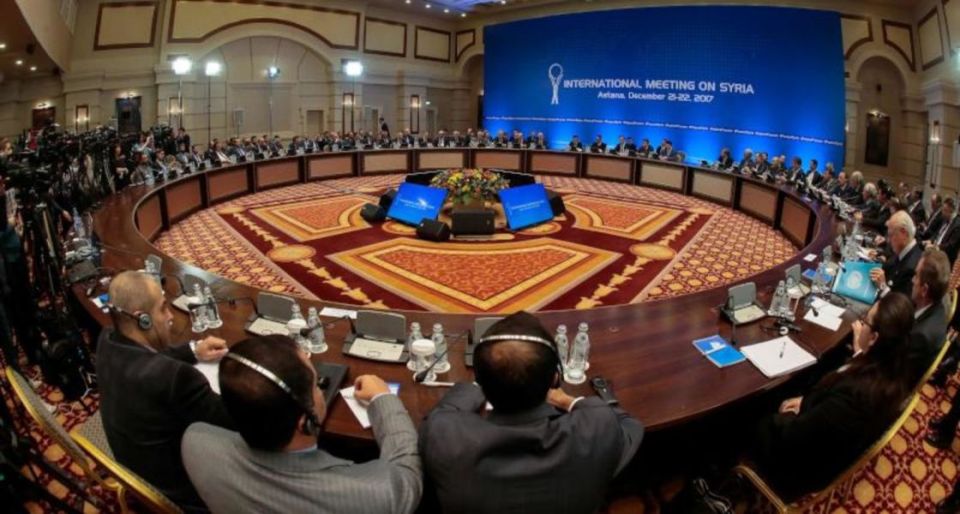Kassioun Editorial 1254: The Most Important Weapon of Mass Destruction: Sectarianism!
Over the past weeks, the noise of sectarian rhetoric—both in its “peaceful” and violent forms—has grown louder. This has been accompanied by an intensified division of Syrians into opposing and polarized groups, through demonstrations and marches, repeating the miserable scene the country lived through during the Assad era. All this has unfolded in parallel with increasing foreign interventions and attacks on Syria—mainly, the “Israeli” assaults, the latest of which occurred in Beit Jinn in Damascus Countryside, where a group of young men confronted Zionist aggression, reaffirming that “Israeli” arrogance and brutality will not deter Syrians from defending their land and dignity, and that the Syrian people’s choice—first and foremost—is to resist the occupier, regardless of the needs or illusions of regimes.


